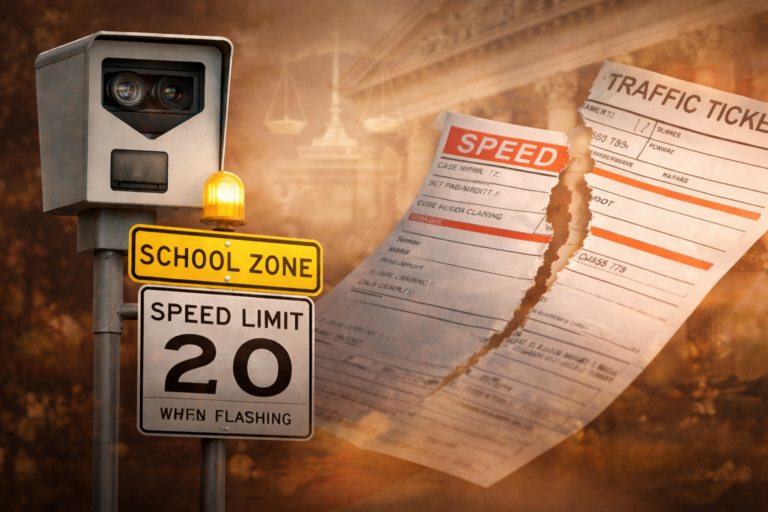Hey Florida boaters! Big shifts are coming to our waterways starting July 1, 2025, and if you’re cruising the Gulf, Atlantic, or inland lakes, you’ll want to tune in—especially if you care about rights and responsibilities. For an overview of all the new traffic laws taking effect, click here.
1. No More Random FWC Stops (without apparent cause)
Gone are the days of being pulled aside just for an unprompted safety check. Under the Boater Freedom Act (SB 1388), the Florida Fish & Wildlife Conservation Commission must now spot visible issues—like reckless behavior, broken lights, or other violations—before they can board your boat or stop you.
That means if you’ve got your life jackets, navigation lights, and you’re steering clear of wake zones, you’re less likely to be interrupted mid-cruise. Your privacy on the water, your Fourth Amendment rights—they’re stronger now.
2. Federal Patrols: They Still Can
FWC’s reign of random checks may be over—but don’t let your guard down. Federal crews like the Coast Guard and Customs & Border Protection still have full authority to conduct inspections at any time, cause or not. So always stay boat-ready—especially on boundary waters.
3. Reckless Boating: Penalties Just Got Real
Now this part gets serious. Florida’s enforcing stricter penalties for recklessness, especially when someone gets hurt or worse—dies:
- Reckless operation without accident: 2nd-degree misdemeanor (up to 60 days jail + $500 fine)
- Reckless operation with property/person damage: 1st-degree misdemeanor (up to 1 year jail + $1,000 fine)
- Reckless operation causing serious bodily injury: 3rd-degree felony (up to 5 years jail + $5,000 fine)
And it gets heavier if someone flees an accident:
- Hit-and-run with only property damage: 2nd-degree misdemeanor
- With personal injury: 3rd-degree felony
- With serious bodily injury: 2nd-degree felony
- If someone dies (or even an unborn child), and the boater leaves the scene: 1st-degree felony, plus mandatory minimum 4 years in prison
4. Other New Rules You Should Know
- False accident reporting is now a 2nd-degree misdemeanor—so don’t fib on your form .
- If you’re born on or after Jan 1, 1988, you still need a boater safety card for motors ≥10 hp. Born before then but not a Florida resident for 5+ years? Same rule applies.
- Accident or serious infraction? You’ll likely get mandatory boater education.
- Vessels like liveries and rentals got clarified too—but for most of us, the headline changes are the ones above.
Why This Matters to You
- FWC can only stop you if they have to. Less red tape, more smooth sailing.
- Federal agents still have the upper hand, so don’t assume you’re ever exempt from inspection.
- Reckless boating now has real consequences, up to felony charges and prison time. One bad move could cost you millions in fines and years behind bars.
- Accident? Stop. Help. Report. No running. That single decision could save your freedom.
What You Should Do NOW
- Make sure your vessel is completely rule-compliant—life jackets, lights, flotation, all that.
- Video your checks if FWC stops you and you don’t see any violations—they need to show “cause.”
- Keep in mind where you’re boating—state waters vs. federal waters.
- Familiarize yourself with what constitutes reckless operation in the new law.
- In case of accidents, never leave the scene, always render aid, and file a full report.
Final Thoughts
Come July 1, your experience on Florida waters changes: fewer surprise state inspections, but harsher consequences for reckless or hit-and-run behavior. It’s a better balance between freedom and responsibility—and your actions determine which side of that line you end up on.



